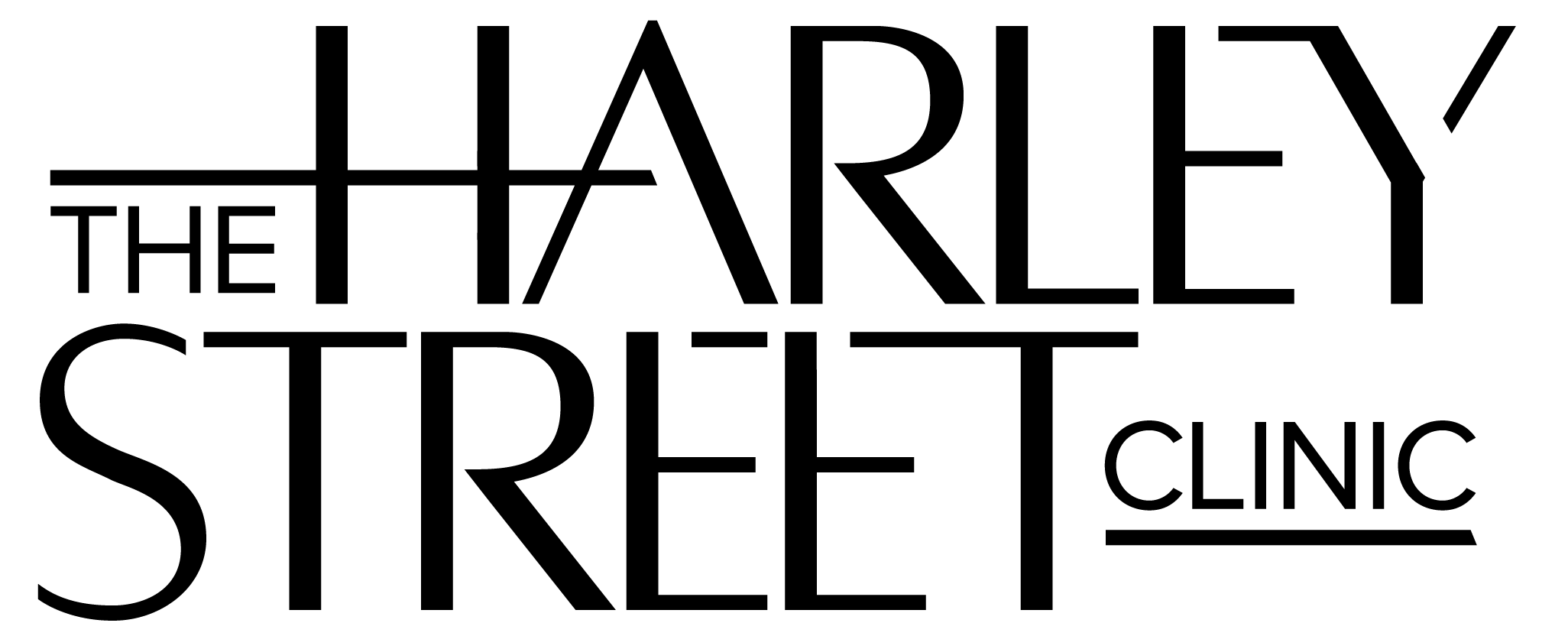
Medical Treatments

Health Screenings
At Harley Street Clinic, we provide various health screening services that check for the most common ailments and disease.
0 services found
HbA1c
The Hemoglobin A1c test, is a crucial blood test that provides essential information about your long-term blood sugar control. This test is particularly important for individuals with diabetes or those at risk of developing diabetes.
Liver & Kidney Function test
These are essential diagnostic tools that provide valuable information about the health and function of these vital organs. These tests are commonly performed as part of routine check-ups, to monitor certain medical conditions, or to assess the impact of medications on your liver and kidneys.
Liver Function Tests
Alanine Aminotransferase (ALT) and Aspartate Aminotransferase (AST): ALT and AST are enzymes found in the liver. Elevated levels may indicate liver damage or diseases such as hepatitis, fatty liver disease, or cirrhosis.
Kidney Function Tests
Creatinine is a waste product produced by muscle metabolism and excreted by the kidneys. Elevated levels may suggest impaired kidney function.
Blood Urea Nitrogen (BUN)
BUN measures the amount of nitrogen in the blood that comes from the breakdown of proteins. Elevated BUN levels can be a sign of kidney dysfunction or dehydration.
Glomerular Filtration Rate (GFR)
GFR is a calculation based on creatinine levels and other factors. It provides an estimate of how well your kidneys are filtering waste from your blood. A lower GFR can indicate reduced kidney function.
Urinalysis
A medical test that examines the physical, chemical, and microscopic properties of a person’s urine. It provides valuable information about a person’s overall health and can help diagnose a wide range of medical conditions, monitor existing health conditions, and assess the functioning of the urinary system.
ECG
An ECG, or electrocardiogram, is a medical test that records the electrical activity of the heart over a period of time. It is a valuable diagnostic tool used by healthcare professionals to assess the heart’s rhythm and identify any abnormalities in its electrical conduction system.
Cardiac Risk Assessment
A cardiac risk assessment is a medical evaluation that aims to estimate an individual’s risk of developing cardiovascular disease (CVD) or having a cardiac event, such as a heart attack or stroke. The assessment involves a combination of medical history, physical examinations, and various risk factors to determine the overall risk level.

